Business and IT leaders around the world are replacing legacy, on-premises technology with flexible, scalable and cost-effective computing power in the cloud. From reducing IT costs to accelerating innovation, there are many compelling reasons to embark on a journey of cloud migration. However, the transition is not easy without a well-developed plan and knowledge of the cloud.
Here are the eight biggest reasons why we're seeing organizations migrate to a cloud call center software:
- Reducing IT Costs
- Increasing Business Flexibility
- Improving Security
- Addressing end - of - life concerns
- Data Center Consolidation
- Enabling digital transformation
- Accelerating Growth
- Use of new technologies
Let us understand these terms briefly.
Reduce IT Costs
One of the most common reasons organizations are moving to the cloud call center software is to reduce the cost of IT infrastructure. In the cloud, IT managers can easily customize the right size of computing resources to meet unique business requirements and reduce wasteful costs. Instead of anticipating capacity needs, organizations can adapt on the fly, eliminating unnecessary hardware or rigid on-premises assets.
Increase Business Flexibility
Agility in business is key in today's global economy. Access to flexible and on-demand IT resources is critical to keeping pace with competitors and the dynamics of a rapidly changing industry. Over 99% of what's needed is available on request. Now organizations can get valuable opportunities to rent directly from cloud providers and reach the market much faster.
Improving Security
Security will continue to be a key focus. As the cloud call center software migrates, organizations can upgrade their IT infrastructure to best practices and protect their applications from malicious hacking attempts.
One thing to keep in mind is that many leaders mistakenly think that the cloud itself makes organizations secure. In reality, the cloud allows teams to implement the security policies, leadership, and compliance constraints they need for their specific operations.
Addressing end - of - life concerns
For many organizations, the migration decision is affected by the critical hardware and software end-of-life schedule. IT managers no longer want to deal with rigid licensing agreements and long-term contracts.
Fortunately, the cloud is bypassing this problem. Organizations don't have to worry about application life cycles or contract terms because they can pay as they use for significant cloud capabilities and take advantage of updates as they become available. Businesses have immediate access to the latest and greatest technologies without having to enter into inflexible long-term contracts.
Data Center Consolidation
With the power of cloud computing, businesses no longer have to manage their own on-premises data centers. IT managers can outsource backlogs from third-party cloud providers and reallocate resources to higher value activities. In addition, organizations can consolidate activities and share access to cloud services as needed, increasing business efficiency.
Enable Digital Conversion
Many organizations are undergoing a digital transformation to add value to existing assets. With recent advances in cloud computing, managers can digitize more key features, including CRM, SAP, data analytics, and more.
Those who leave legacy technologies can increase the productivity of their workforce, innovate and open up new sources of income compared to their peers. When you are cloudy, the possibilities are almost endless.
Accelerate Growth
Technology is more important to the growth of an organization than ever before, be it through organic expansion or mergers and acquisitions. Cloud companies can more easily integrate new acquisitions into existing platforms. They can also be quickly scaled on demand using automatic scaling features and flexible data management services.
Use new technologies
Finally, the transition to the cloud opens up many opportunities for the use of modern technologies. For example, migrating organizations can take advantage of machine learning and artificial intelligence that are not feasible on the ground. They can also develop highly sophisticated cloud-based technologies such as Kubernetes containers and data lakes in minutes.
The process of cloud migration
Realizing these migration benefits is only possible if you can successfully move your on-premises IT infrastructure to the cloud without any problems. As cloud experts, we understand the challenges that organizations face when a transition is needed without disrupting operations.

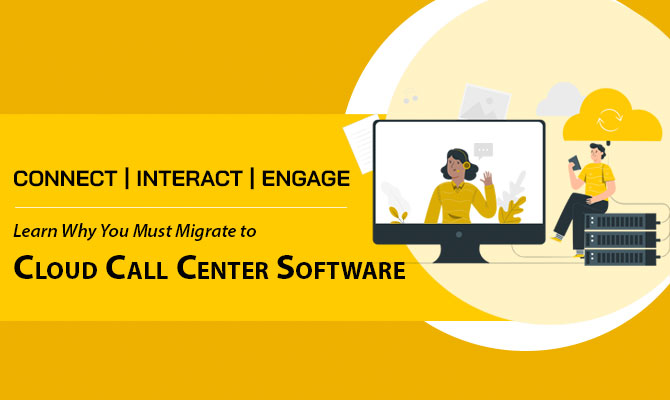


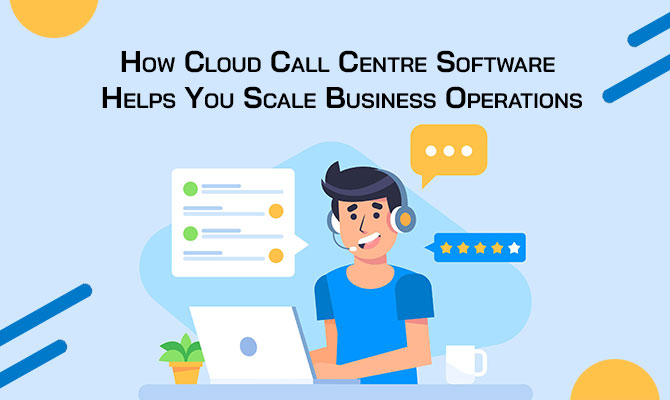

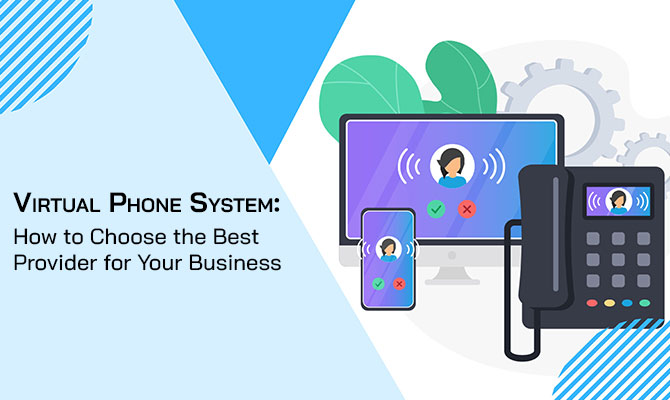
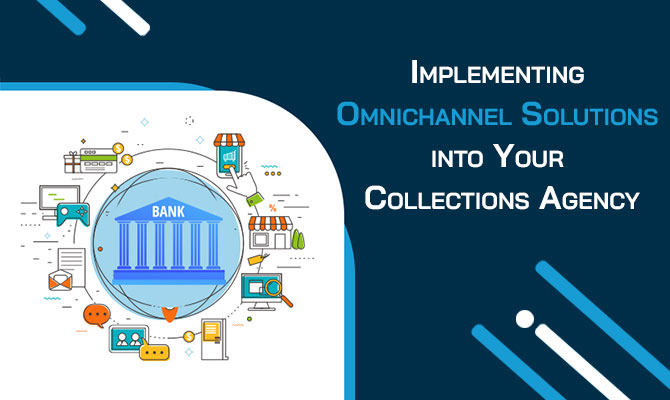









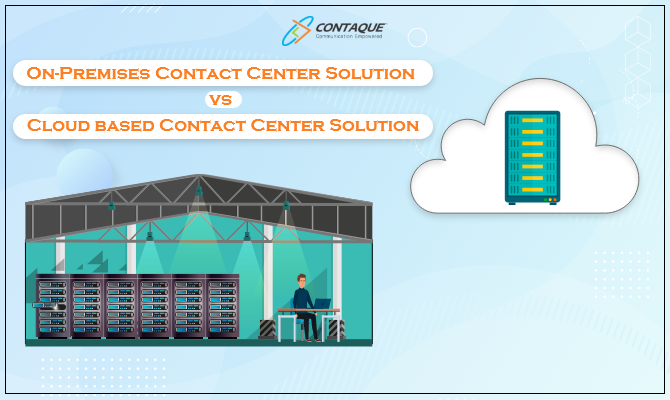



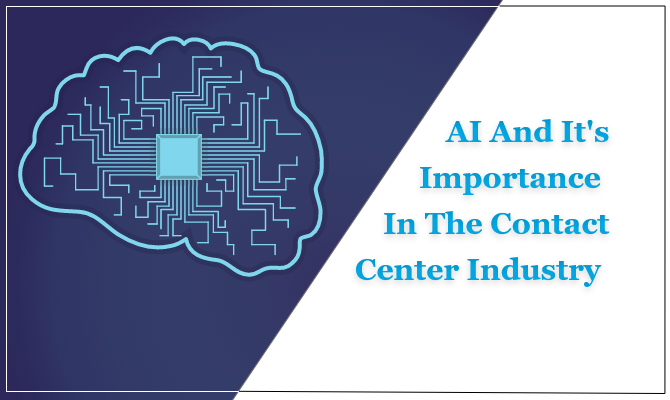

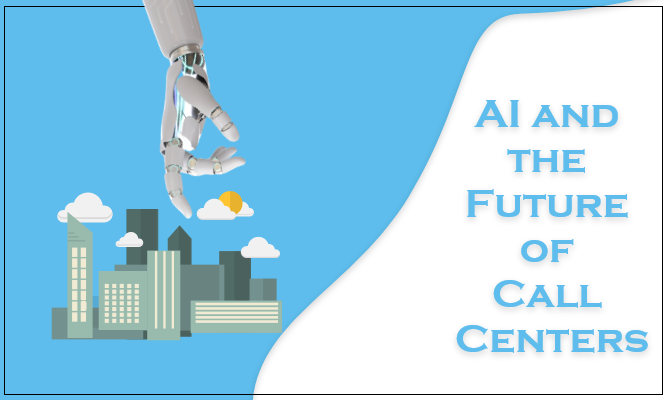


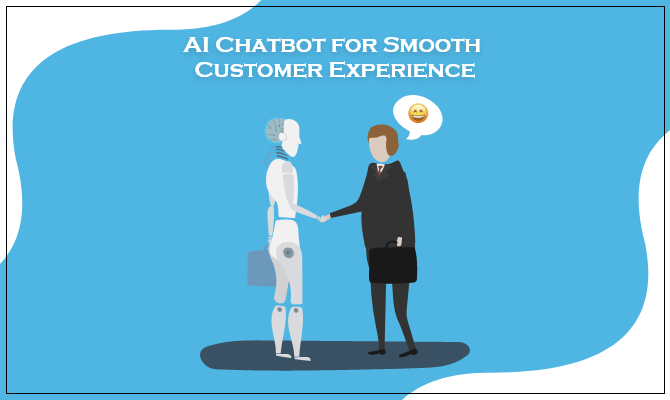
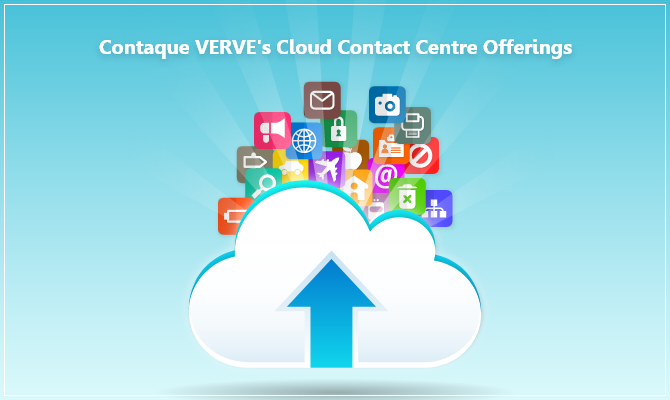
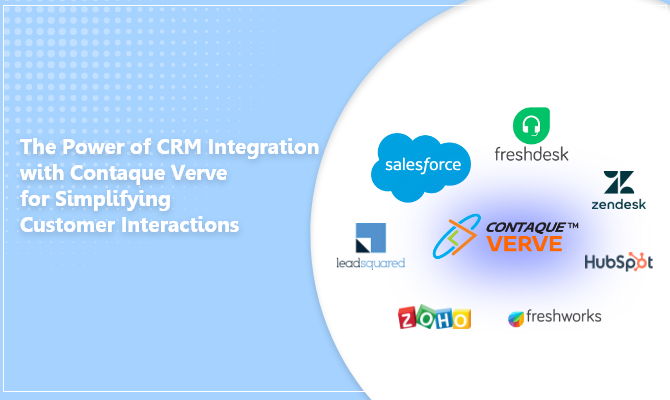

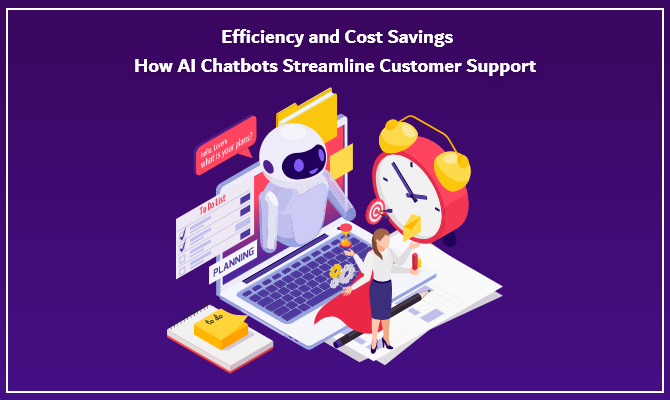
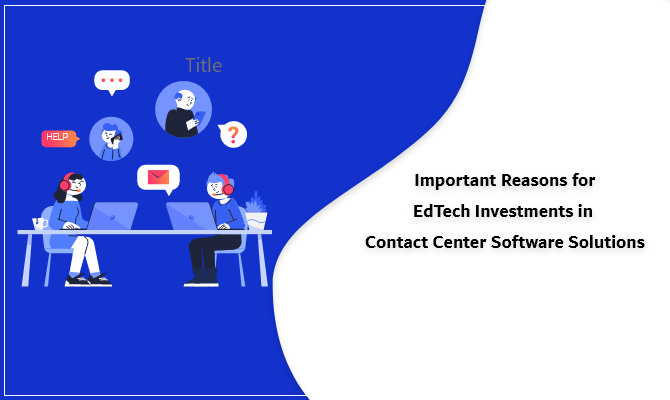
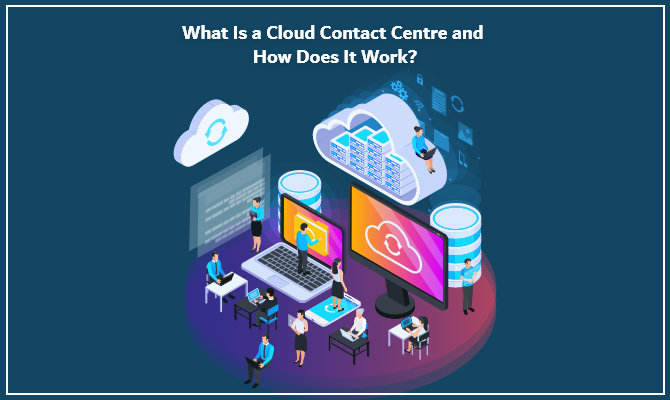


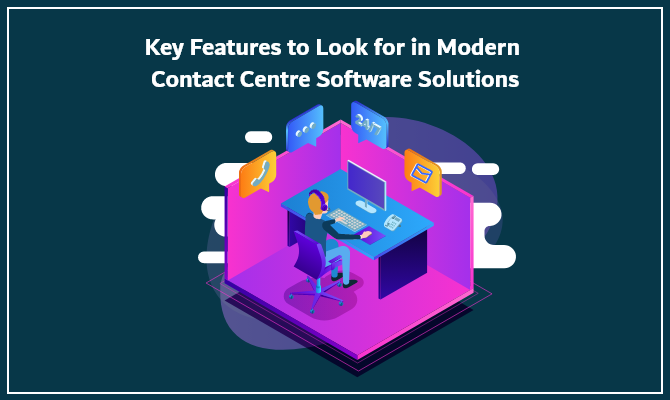
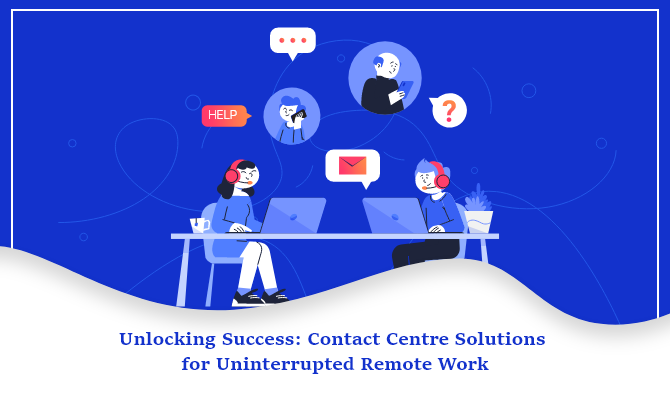


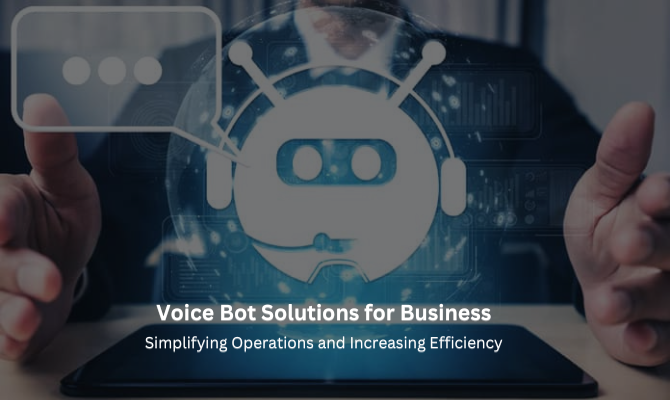
All Comments